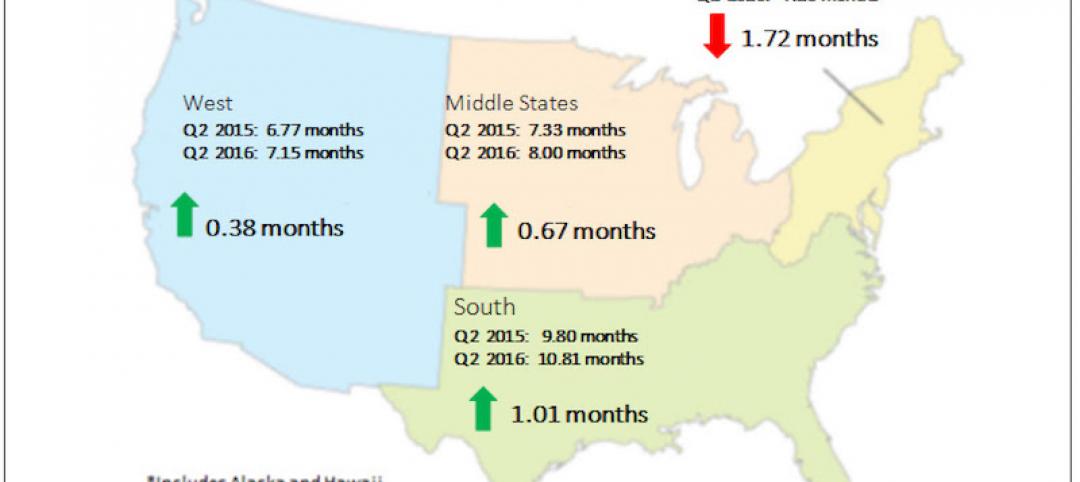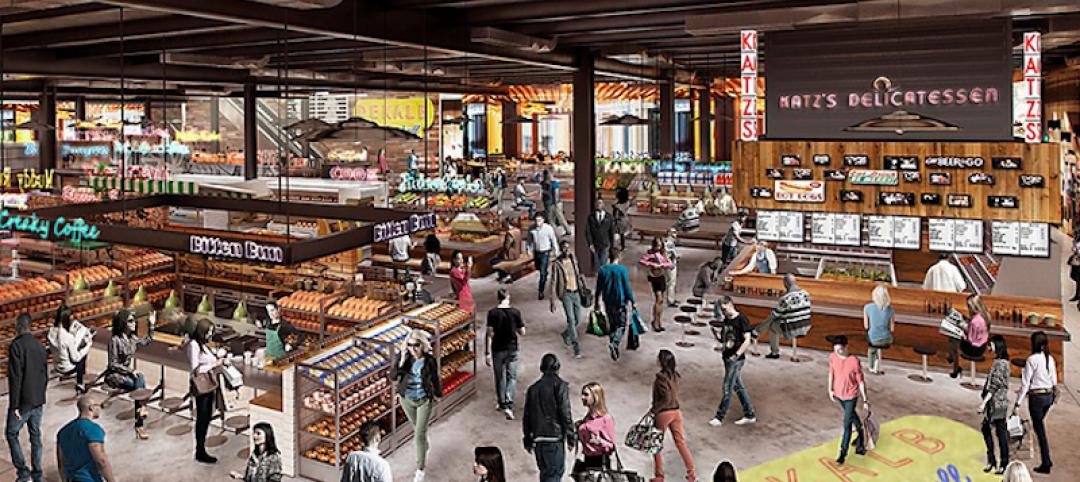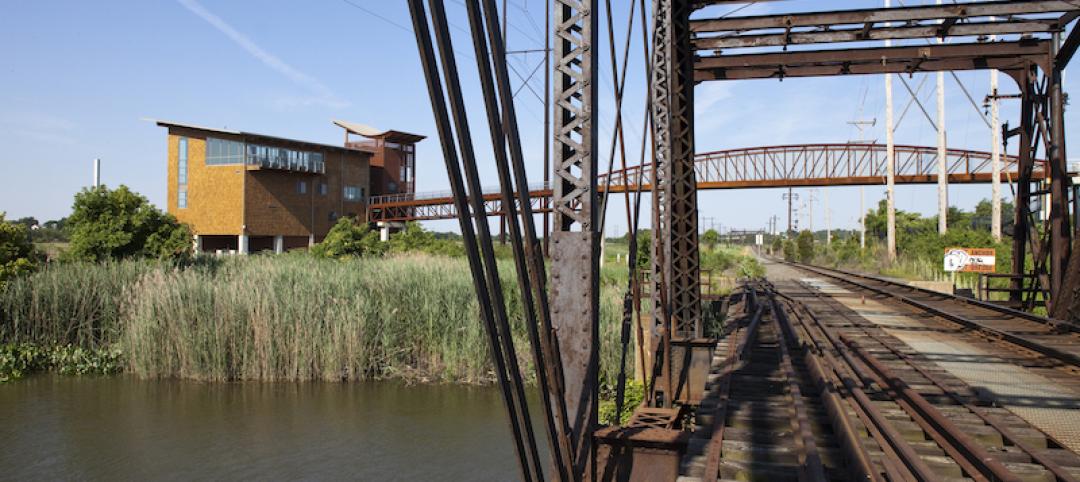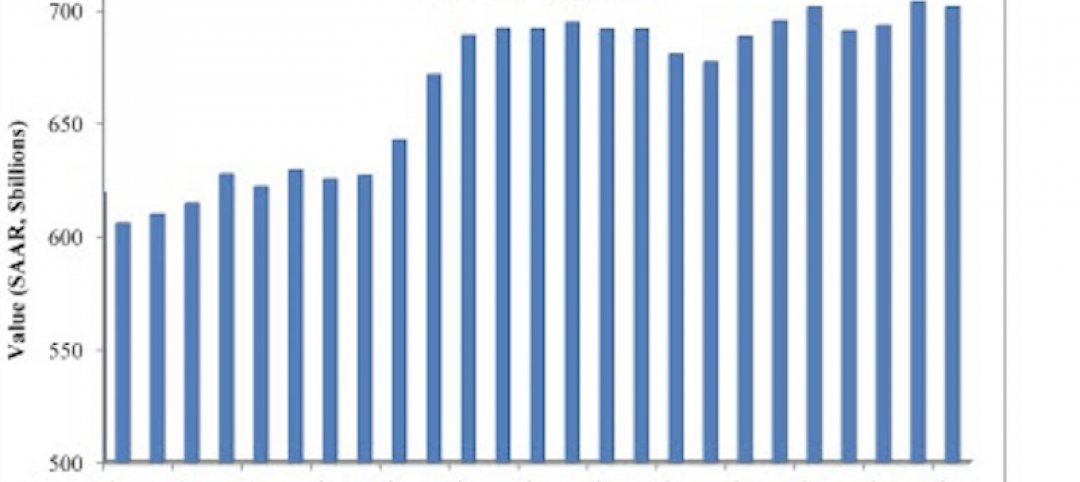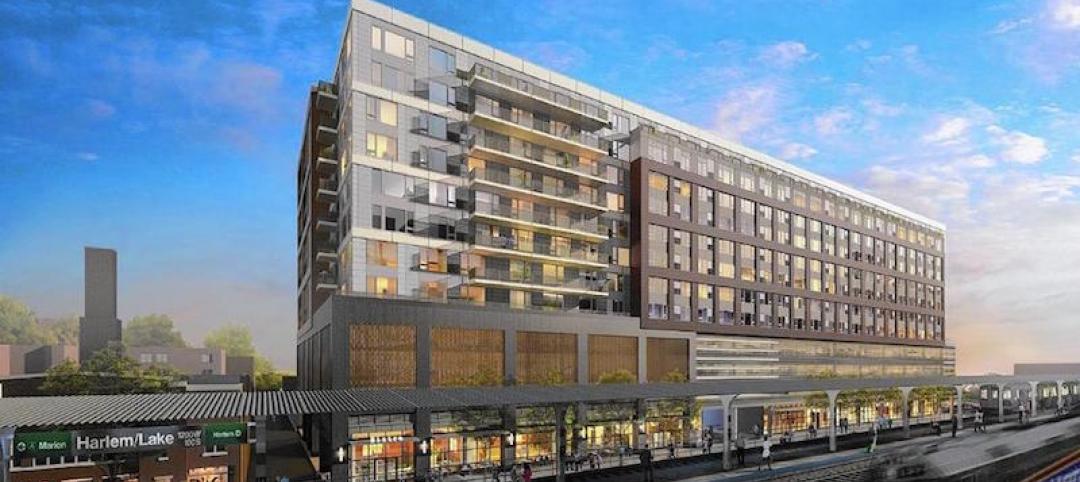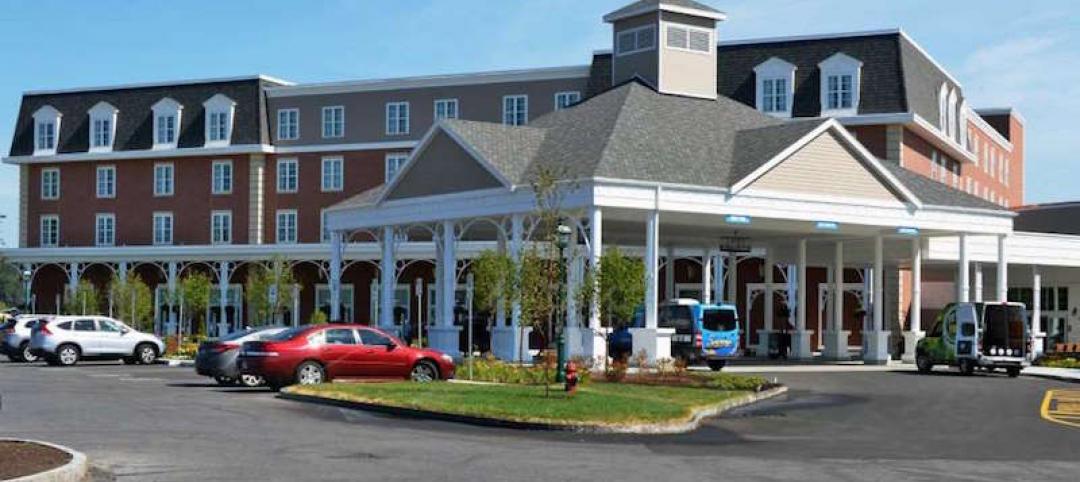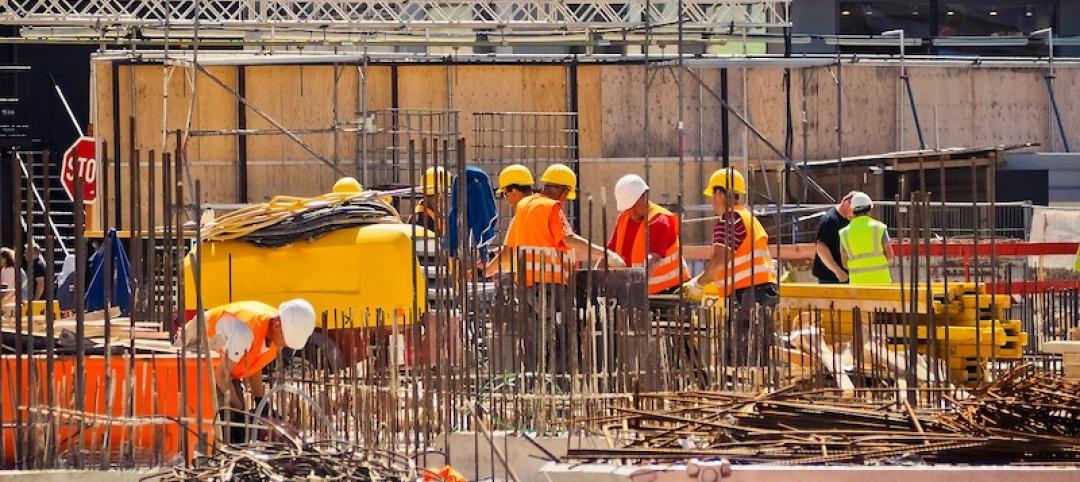At the close of 2019, analysts at Lodging Econometrics (LE) report that the total U.S. construction pipeline continues to grow with 5,748 projects/708,898 rooms, up 4% by projects and 6% by rooms year-over-year (YOY). The pipeline has now completed its eighth consecutive year of growth. These robust year-end counts are a mere 135 projects/76,649 rooms shy of the all-time high of 5,883 projects/785,547 rooms reached in the second quarter of 2008.
Projects under construction continue to rise reaching an all-time high of 1,768 projects with 237,362 rooms, up 7% by projects and 10% by rooms, YOY. Projects scheduled to start construction in the next 12 months stand at 2,283 projects/265,161 rooms. Projects in the early planning stage are at 1,697 projects/206,375 rooms.
In 2019, the U.S. had 1,017 new hotels/118,674 rooms open, a 2.2% growth in new supply, bringing the total U.S. census to 57,903 hotels/5,486,909 rooms. The LE forecast for new hotel openings in 2020 anticipates a 2.3% supply growth rate with 1,127 new hotels/127,896 rooms expected to open. In 2021, the forecast for new hotel openings rises slightly to 1,162 new hotels/135,228 rooms, a 2.4% growth rate.
The hotel construction pipeline outlook in the U.S. should continue to remain optimistic through 2020 and through the early part of the new decade. The financial markets are strong, a partial trade agreement between the U.S. and China has been reached, and interest rates could very well go unchanged in 2020. Overall, the economy is in a good place, and the concerns of a possible recession have eased. Lenders continue to be cautious, but lending at attractive rates is still accessible to developers and should continue to drive development.
Related Stories
Market Data | Sep 22, 2016
Architecture Billings Index slips, overall outlook remains positive
Business conditions are slumping in the Northeast.
Market Data | Sep 20, 2016
Backlog skyrockets for largest firms during second quarter, but falls to 8.5 months overall
While a handful of commercial construction segments continue to be associated with expanding volumes, for the most part, the average contractor is no longer getting busier, says ABC Chief Economist Anirban Basu.
Designers | Sep 13, 2016
5 trends propelling a new era of food halls
Food halls have not only become an economical solution for restauranteurs and chefs experiencing skyrocketing retail prices and rents in large cities, but they also tap into our increased interest in gourmet locally sourced food, writes Gensler's Toshi Kasai.
Building Team | Sep 6, 2016
Letting your resource take center stage: A guide to thoughtful site selection for interpretive centers
Thoughtful site selection is never about one factor, but rather a confluence of several components that ultimately present trade-offs for the owner.
Market Data | Sep 2, 2016
Nonresidential spending inches lower in July while June data is upwardly revised to eight-year record
Nonresidential construction spending has been suppressed over the last year or so with the primary factor being the lack of momentum in public spending.
Industry Research | Sep 1, 2016
CannonDesign releases infographic to better help universities obtain more R&D funding
CannonDesign releases infographic to better help universities obtain more R&D funding.
Industry Research | Aug 25, 2016
Building bonds: The role of 'trusted advisor' is earned not acquired
A trusted advisor acts as a guiding partner over the full course of a professional relationship.
Multifamily Housing | Aug 17, 2016
A new research platform launches for a data-deprived multifamily sector
The list of leading developers, owners, and property managers that are funding the NMHC Research Foundation speaks to the information gap it hopes to fill.
Hotel Facilities | Aug 17, 2016
Hotel construction continues to flourish in major cities
But concerns about overbuilding persist.
Market Data | Aug 16, 2016
Leading economists predict construction industry growth through 2017
The Chief Economists for ABC, AIA, and NAHB all see the construction industry continuing to expand over the next year and a half.




